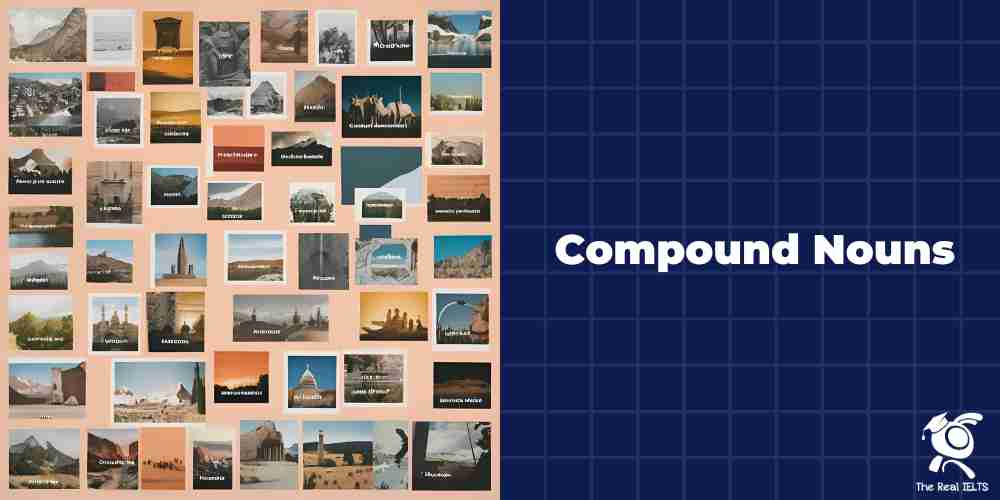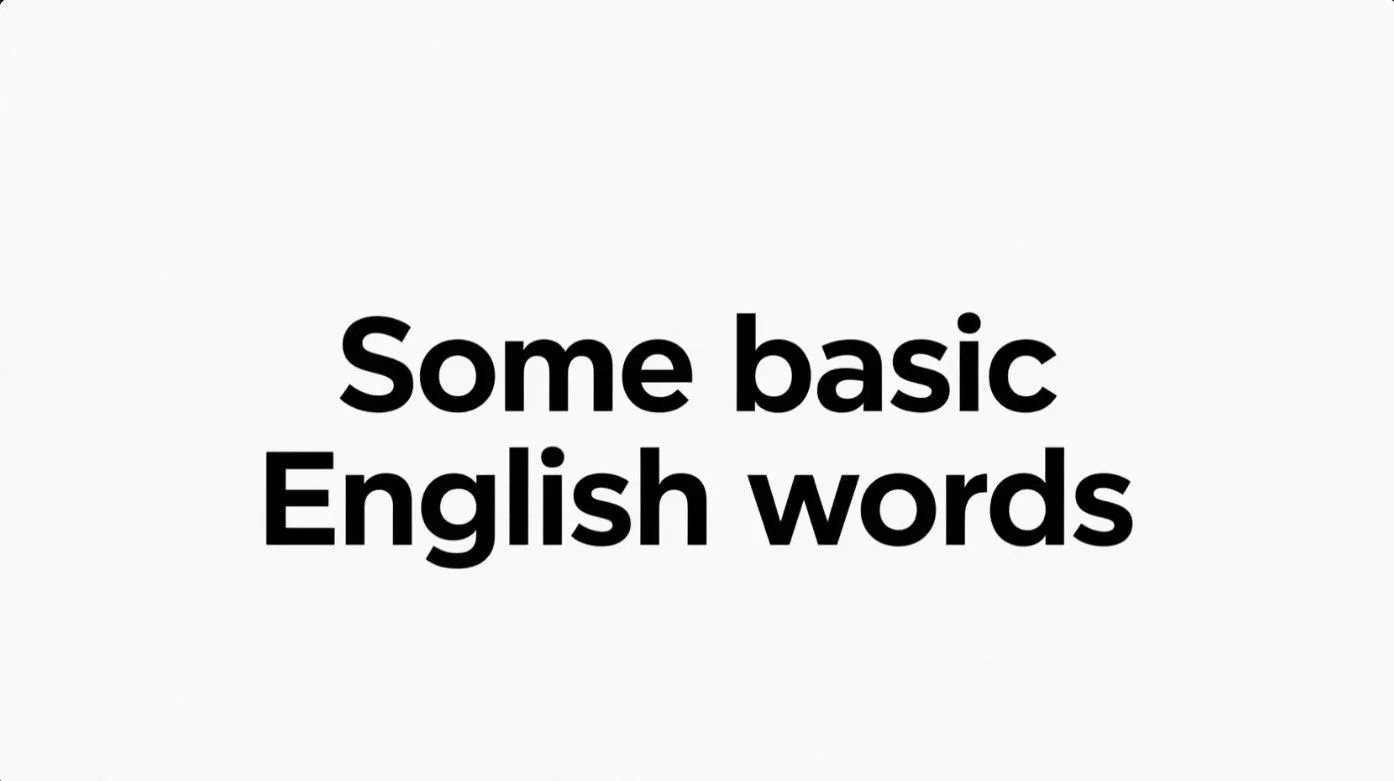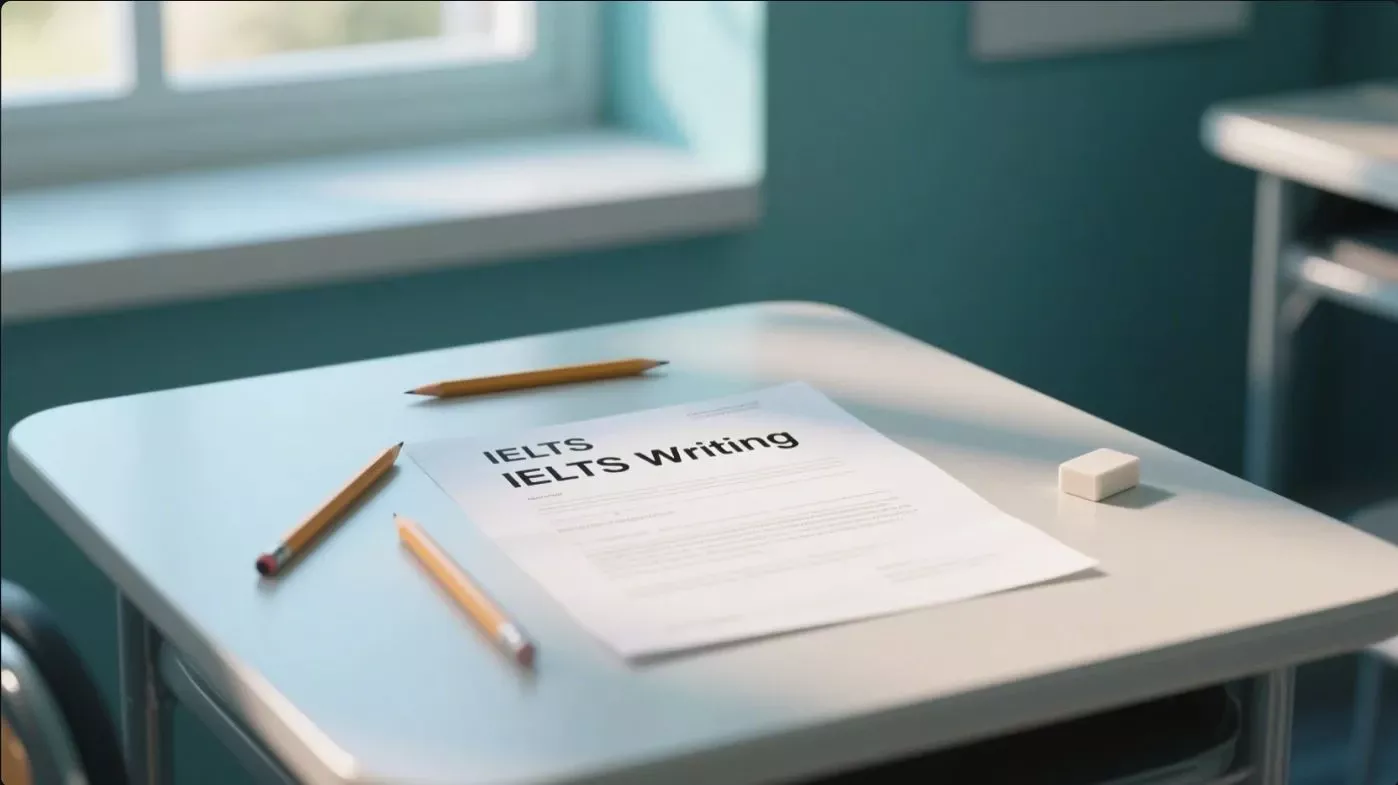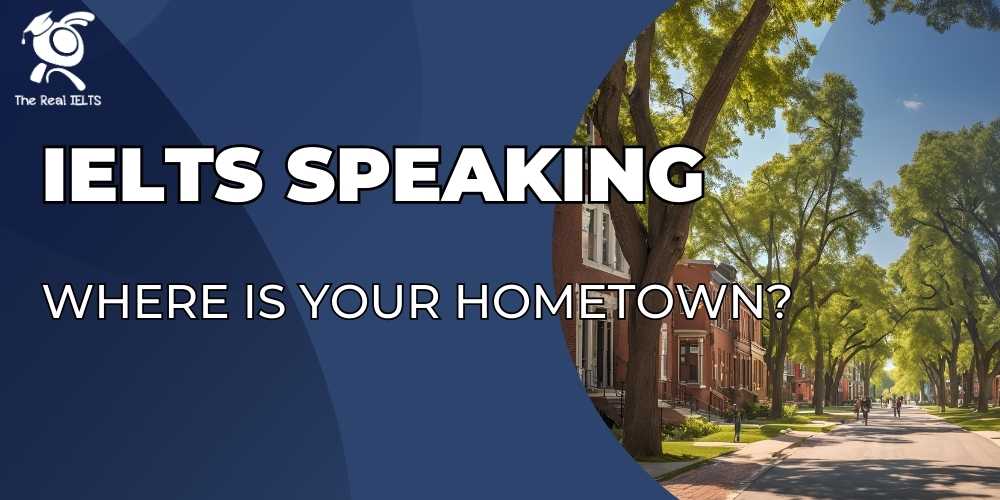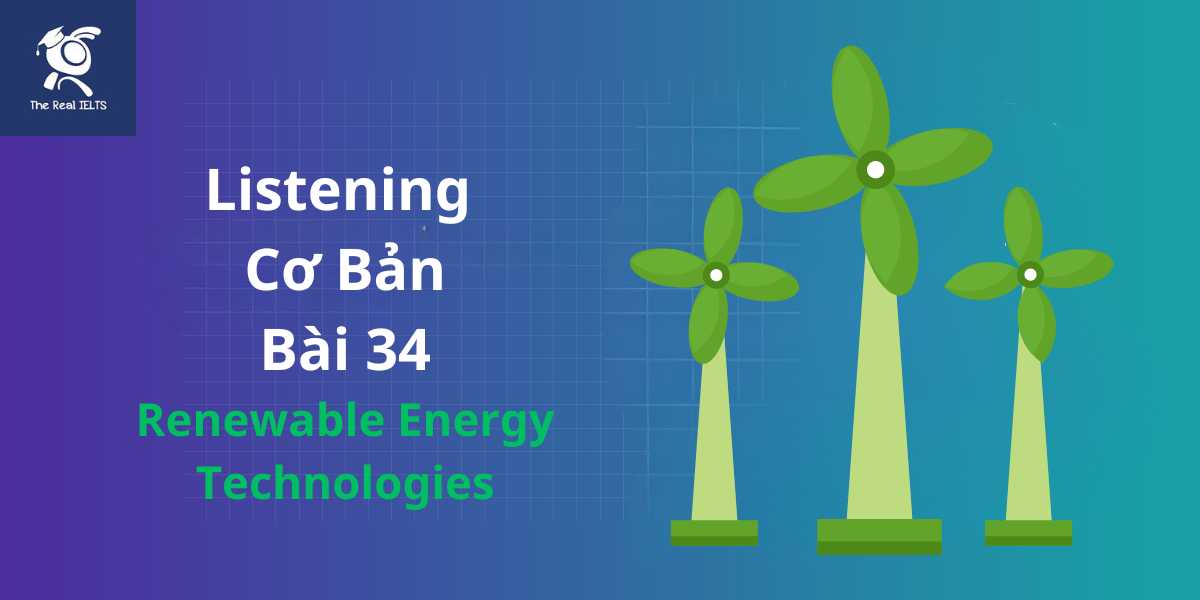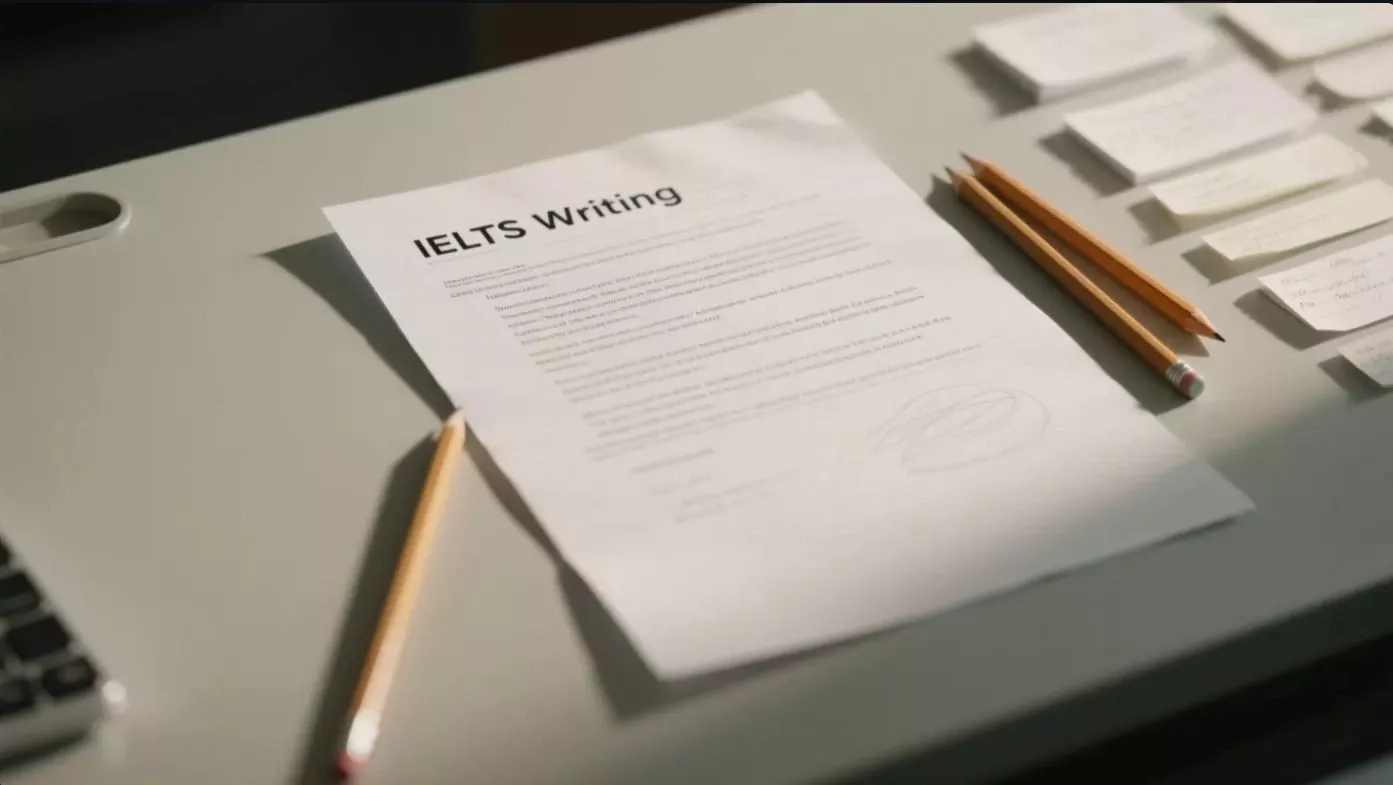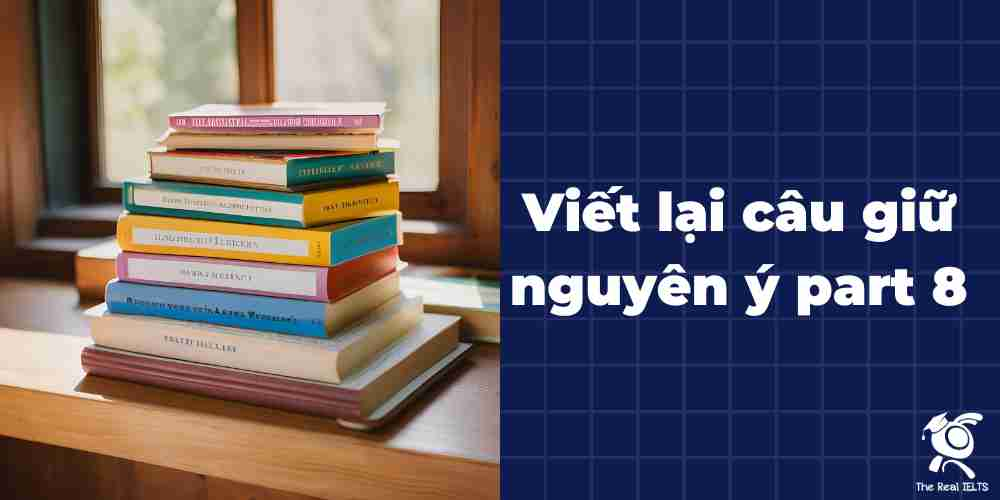Danh từ ghép (Compound Nouns) là một dạng ngữ pháp phổ biến và quan trọng, giúp người học tiếng Anh có thể diễn đạt ý nghĩa phức tạp một cách ngắn gọn. Bài viết này sẽ giới thiệu về danh từ ghép, cách hình thành, và cách sử dụng đúng trong giao tiếp hàng ngày cũng như trong các bài thi tiếng Anh.
Bài học cũ: Động từ nguyên mẫu có “to” (Infinitives with “to”) và 100 bài tập.
Danh từ ghép là gì?
Danh từ ghép là sự kết hợp của hai hoặc nhiều từ lại với nhau để tạo thành một danh từ mới có nghĩa cụ thể hơn. Thông thường, các từ tạo thành danh từ ghép sẽ là danh từ, động từ, hoặc tính từ.
Ví dụ:
- Bedroom (phòng ngủ): “Bed” (giường) + “Room” (phòng)
- Toothpaste (kem đánh răng): “Tooth” (răng) + “Paste” (kem)
Các cách hình thành danh từ ghép
Danh từ ghép có thể được hình thành theo nhiều cách khác nhau, bao gồm:
- Danh từ + Danh từ: Đây là dạng phổ biến nhất.
Ví dụ: Football (bóng đá), Notebook (sổ tay). - Tính từ + Danh từ: Kết hợp tính từ với danh từ để mô tả đối tượng.
Ví dụ: Greenhouse (nhà kính), Blackboard (bảng đen). - Động từ + Danh từ: Động từ kết hợp với danh từ để mô tả hành động hoặc chức năng.
Ví dụ: Washing machine (máy giặt), Swimming pool (bể bơi). - Giới từ + Danh từ: Một số danh từ ghép hình thành từ giới từ và danh từ.
Ví dụ: Underground (tàu điện ngầm).
Cách viết danh từ ghép
Có ba cách phổ biến để viết danh từ ghép:
- Viết liền: Hai từ kết hợp và được viết liền nhau.
Ví dụ: Bookshelf (kệ sách), Sunflower (hoa hướng dương). - Viết có gạch nối: Sử dụng dấu gạch nối giữa các từ để tạo danh từ ghép.
Ví dụ: Mother-in-law (mẹ chồng), Editor-in-chief (tổng biên tập). - Viết rời: Các từ được viết tách biệt nhưng vẫn mang ý nghĩa như một danh từ ghép.
Ví dụ: Ice cream (kem), Post office (bưu điện).
Cách sử dụng danh từ ghép trong câu
Danh từ ghép thường có một từ chính và một từ phụ. Từ chính mang ý nghĩa chính của danh từ, còn từ phụ bổ sung hoặc làm rõ nghĩa cho từ chính.
Ví dụ:
- Water bottle (chai nước): “Bottle” là từ chính, “Water” chỉ loại chai.
- Airport security (an ninh sân bay): “Security” là từ chính, “Airport” mô tả nơi áp dụng.
- She bought a toothbrush at the store.
- The bookshelf was filled with old novels.
- We need to change the lightbulb in the kitchen.
- He went to the swimming pool for his morning exercise.
- I took the bus stop route to get to work.
- They built a new playground for the children.
- This teacup is part of a vintage collection.
- He works at a car factory.
- I found my keys on the dining table.
- The firefighter saved the family from the fire.
- The headache lasted all day.
- She wore a beautiful wedding dress.
- The bedroom was spacious and well-lit.
- We bought a sunflower for the garden.
- The football team won the championship.
- He put his clothes in the washing machine.
- The notebook was filled with sketches.
- My laptop charger stopped working.
- The birthday cake was delicious.
- He forgot his passport at home.
- They rented a beach house for the weekend.
- The classroom was filled with eager students.
- We enjoyed a picnic lunch in the park.
- I left my water bottle on the desk.
- The snowstorm lasted for hours.
- She has a flower pot on her balcony.
- The school bus arrived early this morning.
- They bought a new coffee table for the living room.
- We went on a road trip last summer.
- The software update took longer than expected.
- He works as a newspaper editor.
- The policeman directed traffic during rush hour.
- The football field was muddy after the rain.
- I bought a pair of sunglasses for the trip.
- The airport security was very strict.
- They organized a charity event for the homeless.
- She used a toothpaste tube to brush her teeth.
- We visited a butterfly garden during the holiday.
- The notepad on the desk was full of notes.
- He drives a delivery truck for work.
- The swimsuit was perfect for the beach.
- I lost my house key somewhere in the park.
- The football coach gave an inspiring speech.
- We had dinner at the seafood restaurant.
- He wore a raincoat because it was raining heavily.
- The pencil case was full of colored pencils.
- The school library has a large collection of books.
- The waterfall was breathtakingly beautiful.
- They moved into a townhouse last month.
- The post office is closed on Sundays.
- She brought a laptop bag to carry her computer.
- The football stadium was packed with fans.
- The science project took weeks to complete.
- He always carries a pocketknife for emergencies.
- The lighthouse guided ships safely to the shore.
- I left my notebook at the office.
- The airport lounge was full of travelers.
- They went to a concert hall for the performance.
- The sunset over the ocean was stunning.
- We need a new doormat for the front porch.
- The school bell rang loudly at the end of class.
- She uses a smartphone to check her emails.
- The garden hose was tangled in the yard.
- He took a photo of the sunrise from the mountain.
- The bike path goes all the way to the park.
- The movie theater was almost empty.
- She forgot to pack her swimming goggles.
- The traffic jam made us late for the meeting.
- I found a hairbrush in the bathroom.
- The football player scored the winning goal.
- He wore a baseball cap to shield his eyes from the sun.
- The ice cream truck came by the neighborhood.
- The baby monitor stopped working last night.
- They took the train station route to the city.
- The sunblock protected us from sunburn.
- He works in the newsroom at a local TV station.
- The mountain range was covered in snow.
- The campfire kept us warm during the night.
- I left my jacket on the car seat.
- The apple tree in the backyard is full of fruit.
- They planted flowers along the garden path.
- The police officer gave her directions.
- He bought a new coffee maker for his kitchen.
- The boardroom meeting lasted all afternoon.
- She wore a sunhat while gardening.
- The parking garage was full.
- I put the groceries on the kitchen counter.
- The roller coaster ride was thrilling.
- We took a ferry boat across the river.
- He dropped his phone on the sidewalk.
- The grocery store was very crowded.
- She placed her ring on the jewelry box.
- They bought tickets to the art gallery.
- The flower shop had beautiful arrangements.
- He wore a suitcase tag to identify his luggage.
- The traffic light turned green.
- We walked along the riverbank.
- The honeybee pollinated the flowers.
- She needs a new hair dryer.
- The lunchbox was packed with healthy snacks.
Lợi ích của việc học danh từ ghép
- Tăng khả năng diễn đạt: Danh từ ghép giúp bạn mô tả các đối tượng, sự việc một cách cụ thể và chi tiết hơn.
- Tiết kiệm thời gian: Việc sử dụng danh từ ghép giúp câu văn ngắn gọn và súc tích hơn.
- Thường xuất hiện trong giao tiếp: Nắm vững danh từ ghép sẽ giúp bạn tự tin hơn trong giao tiếp tiếng Anh hàng ngày và trong các bài thi.
Việc sử dụng danh từ ghép là một phần không thể thiếu khi học tiếng Anh. Để nắm vững danh từ ghép, bạn nên luyện tập thường xuyên và chú ý đến các từ ghép mới trong khi học từ vựng.


